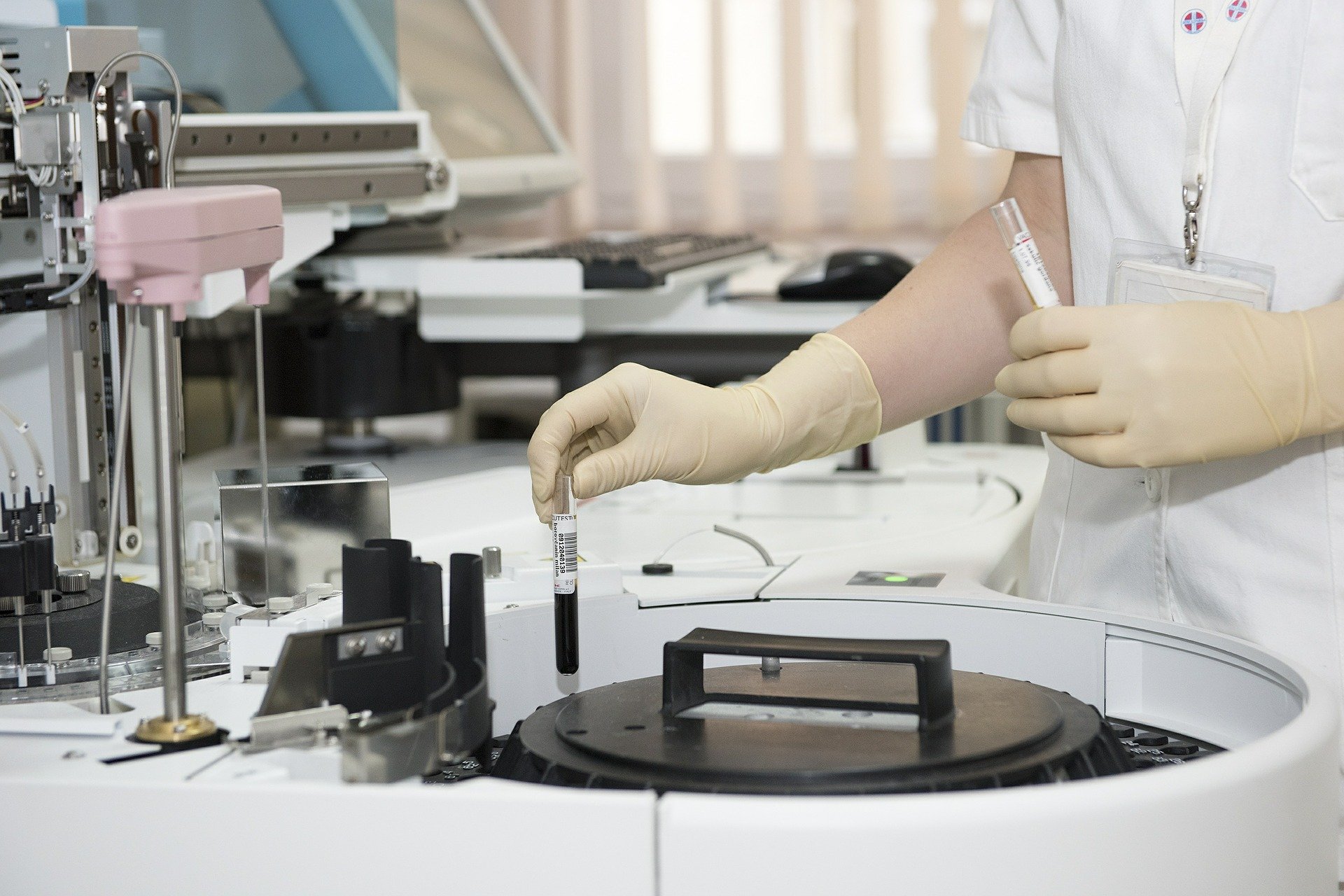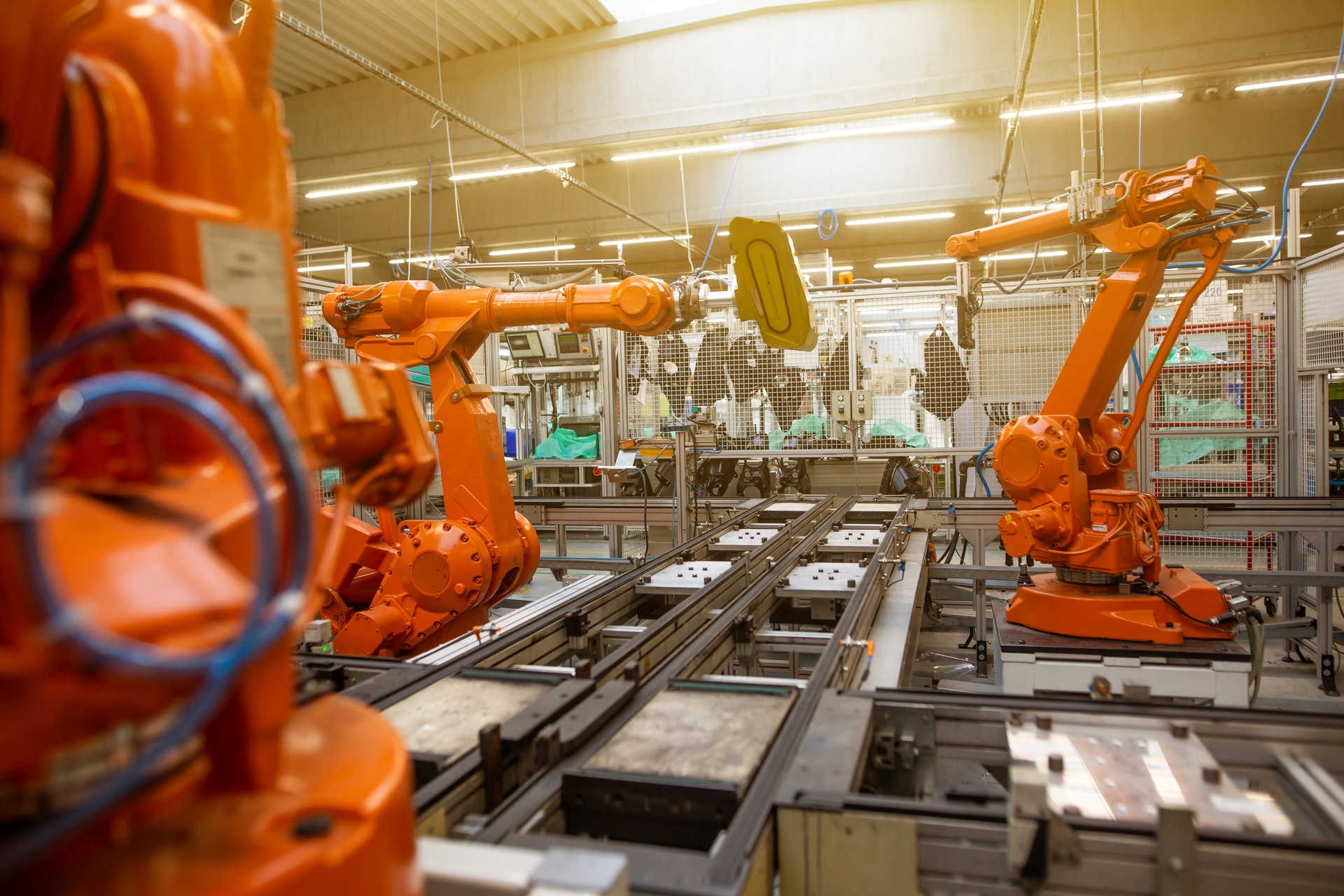Defined by the WHO as the “application of organized knowledge and skills in the form of devices, medicines, vaccines, procedures, and systems developed to solve a health problem and improve quality of lives,” medical technology has been evolving at a breakneck pace for the past few decades. We’ve gone from hardly analyzing DNA samples in the 1980s to creating artificial human tissue inside a lab.
This progress does not show any sign of slowing down, and if you’re someone from an engineering background, don’t worry. Even if you’ve passed out of the top courses for mechanical engineers, you can apply your skills in this field and learn more about medical technology. Since medical technology involves the manufacture, maintenance, and repair of medical devices and the application of mechanics to biological processes, a mechanical engineer would feel right at home in this field.
Your best bet to do well in health technology is to enroll yourself in a master’s in medical technology. It will give you the proper training and knowledge to pursue an internship and become a certified medical technologist later. The hands-on experience becomes essential to be competent in medical technology due to this field’s efficient and applied nature.
At a projected growth of 5% in 2022, there has never been a better time to apply the skills you’ve learned in mechanical engineering to give your career a boost. You will naturally have to strengthen your engineering as well as clinical foundation. Make sure you attend extra-curricular seminars and workshops on life sciences & medical technology and try to get into relevant internships even during your graduation course.
Choosing a specialization also becomes important since medical technology branches off into many sub-disciplines, including biomechanics, tissue engineering, robotic surgery, and other exciting fields. Mainly medical technologists can be divided into as many sub-disciplines as in physiology. E.g., there can be an anesthesia technologist, cardiovascular technologist, neurodiagnostic technologist, etc.
You can expect to be employed by major pharmaceutical companies, medical device manufacturing companies, hospitals, research laboratories, and universities. Medical technologists are involved in the maintenance and repair of medical devices and in experimentation on biological processes to innovate technological solutions for human pathologies.
There have been groundbreaking developments in medical technology, wearable devices, surgical equipment, diagnostic and testing apparatus, etc. So you could be employed anywhere in this field where there is an application of technology for medical reasons.
Apart from medical technology, getting into biomedical engineering will give you more access to the manufacturing and innovation part of technological solutions in medicine. Given the current state of access to healthcare throughout the world, where around two-thirds of people are deprived of stable healthcare, medical technology has a lot of potentials to bridge this gap between healthcare and poverty. Health technology in its current state can revolutionize healthcare around the world. We see this potential in the way that people worldwide are being rapidly vaccinated against COVID-19 and its variant, which has only become possible because of a technological and data-driven approach to medicine.
















